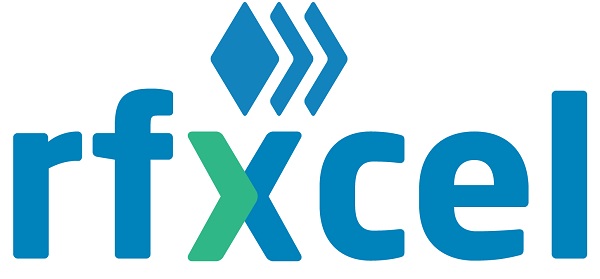Preparing for Russia’s regulation requirements might seem like a mountain to climb, but it’s a necessary journey for companies that want to remain in or enter the 10th largest pharmaceutical market in the world.
With the global market expected to reach $39 billion by 2021, it’s no surprise that Russia wants to tighten its oversight of the pharma supply chain and work to eliminate counterfeit and low-quality medicines. Notably, unlike other countries, Russia will require complete serialization and traceability of over-the-counter (OTC) medicines.
With such complex serialization regulations looming — they go into effect on January 1, 2020 —companies that have not proactively started preparing need to act now if they want to meet the deadline for complete unit- and batch-level traceability. Let’s look at four ways you can help ensure your organization will be compliant by the New Year.
Establish a dedicated project team and manager
You must make sure that everyone understands the importance of serialization: Without it, you won’t be able to sell products in Russia after January 2020. For your bottom line, compliance means cost reductions through more efficient logistics management and a diminished impact on profits from counterfeit and falsified products. And of course, compliance means access to lucrative international markets.

Pharmaceutical companies seeking to commercialize in Russia should be establishing dedicated project teams and project managers to maintain the momentum of preparing for compliance. Project teams should have a comprehensive understanding of how drugs move through the supply chain, from beginning to end, including where ownership is passed from one party to another.
You should appoint team members who are responsible for ensuring your company has a clear vision of its IT landscape and how your data flows. This means understanding the operation system being used at each stage of the supply chain and how it connects actors.
Conduct a pilot phase
A pilot phase can make a huge difference to formal implementation. It can reveal potential setbacks, and is a chance to discuss and debate the exact functional requirements needed to be 100% compliant by January 2020.

The pilot phase is also an opportunity to confirm that you have all the equipment necessary for the new labeling information. For example, it’s vital to look at the needs for Data Matrix Codes and Electronic Data Interchange (EDI) labels, as well as assess if you’ll need an Electronic Document Management System (EDMS).
You should also look at what kind of cash register and related software you have and how they will work with the marked products. If you have any doubts about this, speak with your supplier to ensure their equipment is ready to be fully compliant. To launch a pilot phase properly, you should have the right labeling and scanning equipment, cash software, accounting systems, along with a sophisticated IT solution.
Make sure you have the right technology partner
Chances are you’ll have to partner with a technology company to meet regulation deadlines, so you should choose one that has your best interests in mind. Engage with a partner that is willing to work collaboratively to develop a system that can bend to accommodate the yet-to-be-announced final details of the regulation and also meet future requirements.
Your partner should be a recognized, experienced provider that demonstrates credibility and can prove that they’re able to stick to tight time frames and deadlines. A great partner will prioritize your success (as well as their own), keep you aware of changing global regulations, and collaborate with you to customize solutions that adapt to changes in the industry and the wider marketplace. They must have a proactive, “can-do” attitude; a “break-fix” approach will not work.
Clear, two-way communication is another top priority. Regular calls, updates, and meetings will maintain your relationship. Interactions should be free from confusing technical jargon. And if the direction of your business shifts, your partner needs to utilize technology to assist the transition.
Importantly, as you’ll be sharing significant amounts of your data, you need to make sure your tech partner has an iron-clad commitment to cybersecurity and data management. You should be asking any potential partner about its processes and procedures in these critical areas — and getting the right answers — before agreeing to work with them.
Last but not least: Act now!
Russian serialization will be here in about six months. Every pharma company that has not begun preparing needs to act now. Because serialization has far-reaching implications that transcend international borders, being ready requires a comprehensive management process. The best partners will support your organization as 2020 approaches if you show you’re committed to being prepared, communicate clearly, and budget ample time for onboarding.






















